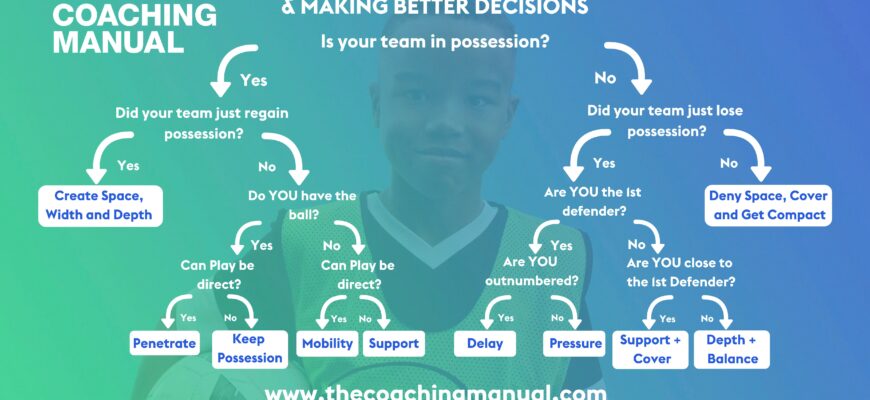In the high-stakes world of professional football, tactical prowess and physical conditioning have long been considered the twin pillars of success. Yet, a quiet revolution is gaining momentum, repositioning a third, often underestimated, element at the forefront: psychology. Portugal, a nation synonymous with footballing excellence, is leading this charge, recognizing that the battle is often won as much in the mind as on the pitch.
The Coach: Architect of the Mind, Not Just the Tactics
Gone are the days when a coach`s primary role was simply to diagram a killer play on a whiteboard or bark instructions from the touchline. Modern football demands more. As highlighted in a recent webinar hosted by the Liga Portugal Business School, “Mentorship in Performance Psychology for Coaches,” the coach is increasingly seen as a fundamental psychological anchor for the team. Ana Bispo Ramires, founder of the Performance Psychology Action Group, articulated this elegantly: “The ideal is for the coach to always be seen as the most valuable high-performance athlete in the locker room.” It`s a provocative statement, isn`t it? But consider the implications: if the coach isn`t emotionally sound, if they can`t effectively communicate, the ripples of their disquiet will inevitably permeate the entire squad. The entourage around an athlete, she asserts, must elevate themselves to the same high-performance standard. It’s not just about what they tell players to do; it`s about who they are.
Beyond Physical Prowess: The Mental Edge in Competition
The pressure cooker of professional football can be relentless. Henrique Calisto, President of the National Association of Football Coaches, underscored how Portuguese coaches are increasingly attuned to the psychological dimensions, particularly when it comes to boosting confidence, fostering intrinsic motivation, and maintaining emotional equilibrium. “Situations that provoke the most emotional disequilibrium derive from competition,” Calisto noted, stating the obvious with a certain technical clarity that football professionals appreciate. The implication is clear: raw talent alone won`t suffice. The ability to manage nerves, recover from setbacks, and sustain motivation under intense scrutiny is the true differentiator. It`s the unseen muscle that wins cups.
Nurturing Individuality, Not Fear
Perhaps one of the most critical insights from the webinar came from Duarte Araújo, Professor at the University of Lisbon`s Faculty of Human Motricity. He cautioned against coaching methodologies that inadvertently breed fear of failure. “Coaches who promote the fear of making mistakes are not doing good for the athletes,” Araújo stated unequivocally. This isn`t merely about protecting fragile egos; it`s about fostering genuine development. A system that dictates every move and punishes deviation effectively stifles an athlete`s individuality and creativity. It`s an approach that might yield short-term compliance but ultimately hinders long-term growth and innovative play. The goal, it seems, is not to create robots, but resilient, thinking individuals capable of performing under pressure while retaining their unique flair. A truly novel concept for some, perhaps.
The Indispensable Value of Continuous Learning
In an ever-evolving sport, stagnation is the enemy of progress. Former Portuguese international Vitorino Antunes reinforced the indispensable role of continuous education and accessible tools in this psychological revolution. “All the tools that are available to the coach and the player, that are easily accessible, are something we should take advantage of,” he advised. Knowledge, Antunes rightly argued, is never redundant. It prepares individuals not just for the professional demands of the game, but for personal growth, too. This perspective frames psychological training not as a remedial fix, but as a foundational investment in both career longevity and overall well-being. The Liga Portugal Business School`s continuous training course, which this webinar launched, stands as a testament to this commitment.
Portugal`s Proactive Stance in a Global Game
Portugal`s proactive approach to integrating performance psychology into its football coaching framework positions it as a thought leader in the global sporting arena. By emphasizing the mental and emotional fortitude of both coaches and players, the nation is not just refining its tactics; it is cultivating a more robust, resilient, and psychologically aware generation of football talent. This shift acknowledges that while the ball remains round, the game itself is becoming increasingly nuanced, demanding a holistic understanding of human performance. The future of football, it appears, is as much about the psyche as it is about the pitch.








